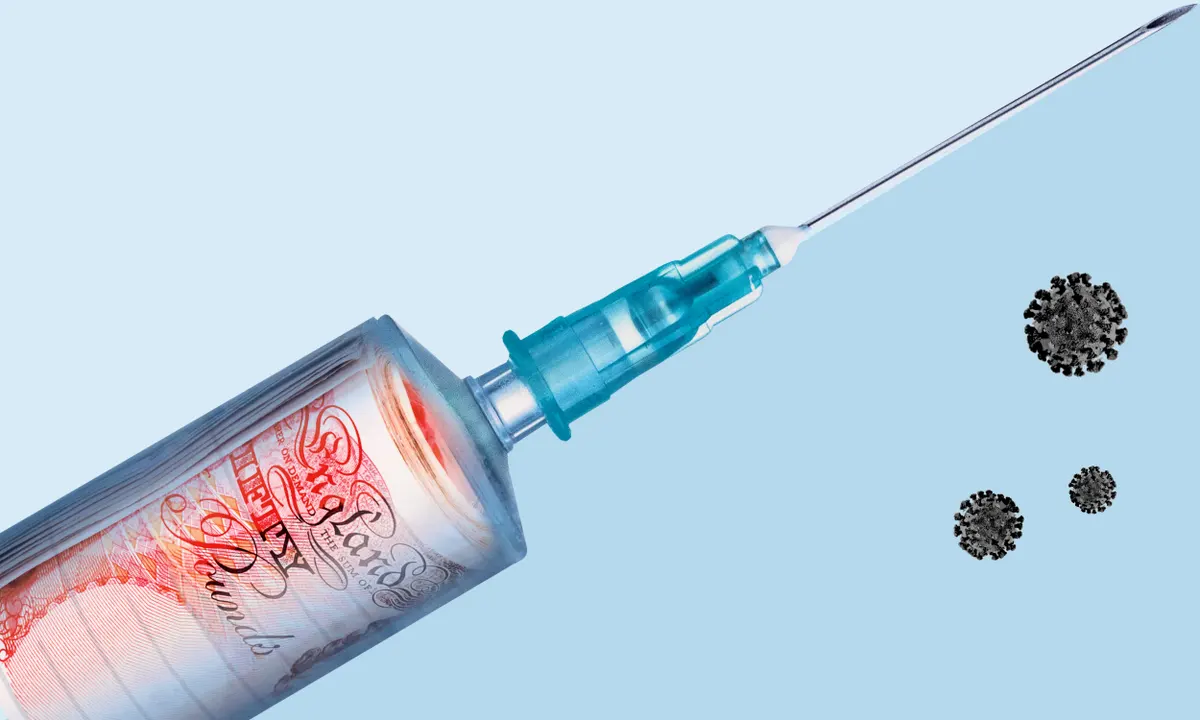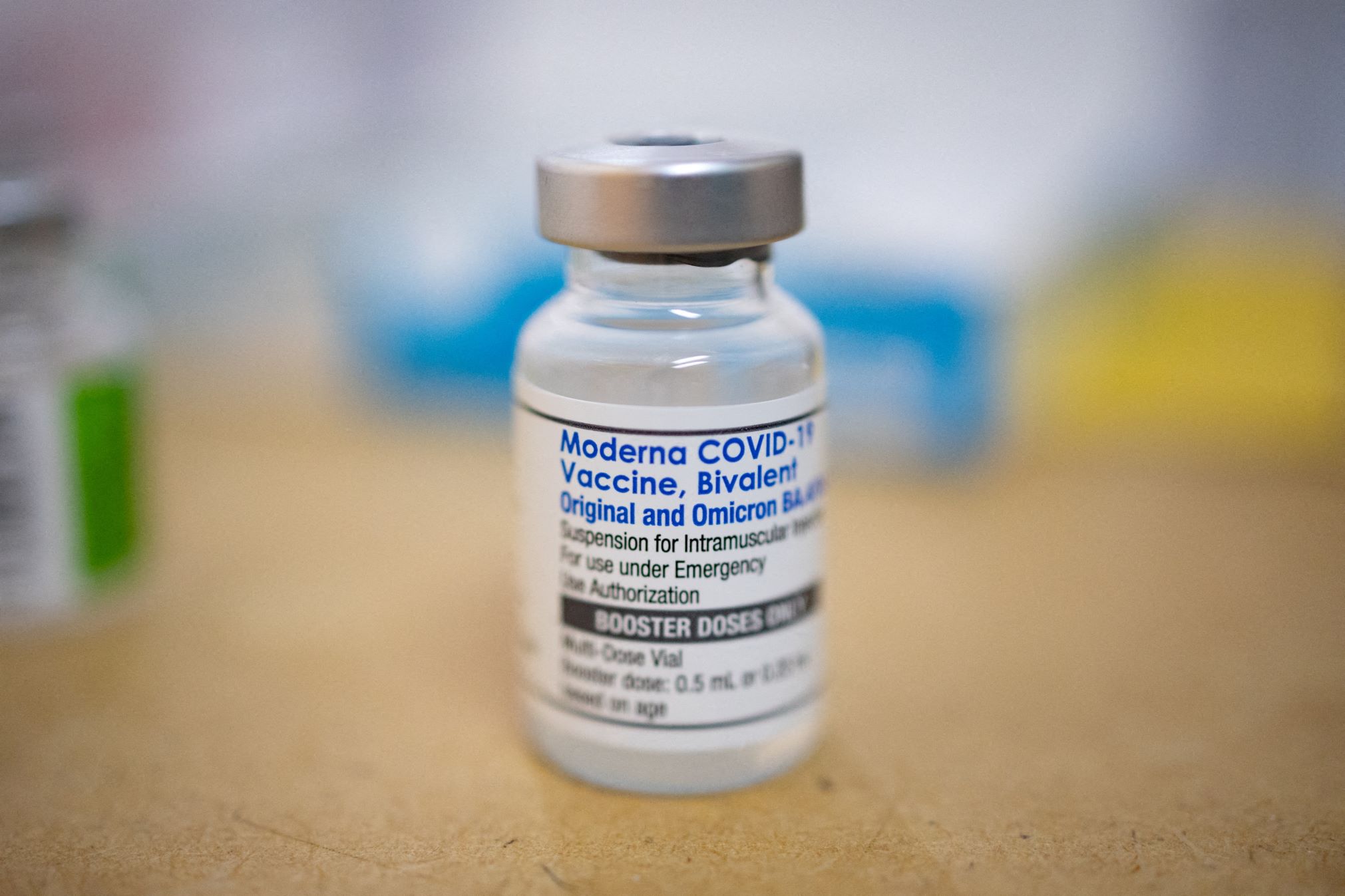Moderna missed earnings expectations for the fourth quarter on Thursday, as costs increased due to surplus production capacity and decreased demand for its Covid-19 vaccine, which remains the company’s only product on the market.
The company reported quarterly earnings of $3.61 per share, marking a 68% decrease from the same period in 2021 when earnings were $11.29 per share. This figure fell short of the $4.68 per share expected by Wall Street.
Moderna generated $5.1 billion in revenue for the fourth quarter of 2022, meeting analyst expectations but representing a 30% drop from the same period in 2021.
In response, Moderna shares dropped as much as 4% during Thursday morning trading.
For 2023, Moderna has secured contracts for $5 billion in Covid vaccine deliveries. The company anticipates additional sales in the U.S., Europe, and Japan this year.
However, demand for the shots is declining as the pandemic wanes and vaccination transitions to an annual schedule rather than repeated boosting.
The U.S. government plans to cease purchasing shots for the public by this summer, shifting procurement and distribution to the private market.
Moderna estimates that the U.S. market volume in fall 2023 will be 100 million doses, according to Arpa Garay, the company’s chief commercial officer.
Garay did not provide projections on Moderna’s share of the fall 2023 U.S. market but mentioned that the company is in discussions with customers for fall contracts.

Here’s how the company performed compared with Wall Street expectations, based on analysts’ average estimates compiled by Refinitiv:
– Adjusted earnings: $3.61 per share, vs. $4.68 expected
– Revenue: $5.1 billion, vs. $5 billion expected
In 2022, Moderna sold $18.4 billion in vaccines, a 4% increase over the previous year and the company’s peak revenue during the pandemic. The company reported a net income of $8.4 billion in 2022, a 31% decrease from 2021.
Moderna’s costs increased by 25% in the fourth quarter. These expenses included a $297 million write-off for vaccines that exceeded their shelf life, $376 million from unused manufacturing capacity, and a $400 million royalty payment to the National Institute of Allergy and Infectious Diseases.
Despite the Covid shot being Moderna’s only market product, the company plans to seek FDA approval for its vaccine protecting older adults from respiratory syncytial virus in the first half of this year, following positive clinical trial data. Moderna anticipates FDA approval in late 2023 or early 2024.
Garay stated that Moderna will use the existing infrastructure for Covid to launch the RSV vaccine. She did not provide details on the cost of the RSV shot but assured that the company would ensure patient access regardless of their ability to pay.
Moderna has another potential commercial product in the pipeline.
Last week, the company announced that its flu vaccine candidate met the immune response goal against influenza A, the most common type, but missed against influenza B. Independent data monitors will review the first efficacy results for the vaccine in the first quarter of this year.
“If we do see efficacy, that is the gold standard for proceeding with regulatory filing and full approval,” Dr. Stephen Hoge, Moderna’s president and head of research, said Thursday. “If we do not yet meet that threshold, then we’ll be looking forward to subsequent interim analyses in that study.”
Additionally, the FDA has designated Moderna and Merck’s personalized cancer vaccine as a breakthrough therapy, potentially expediting the development and regulatory review of the shot.
